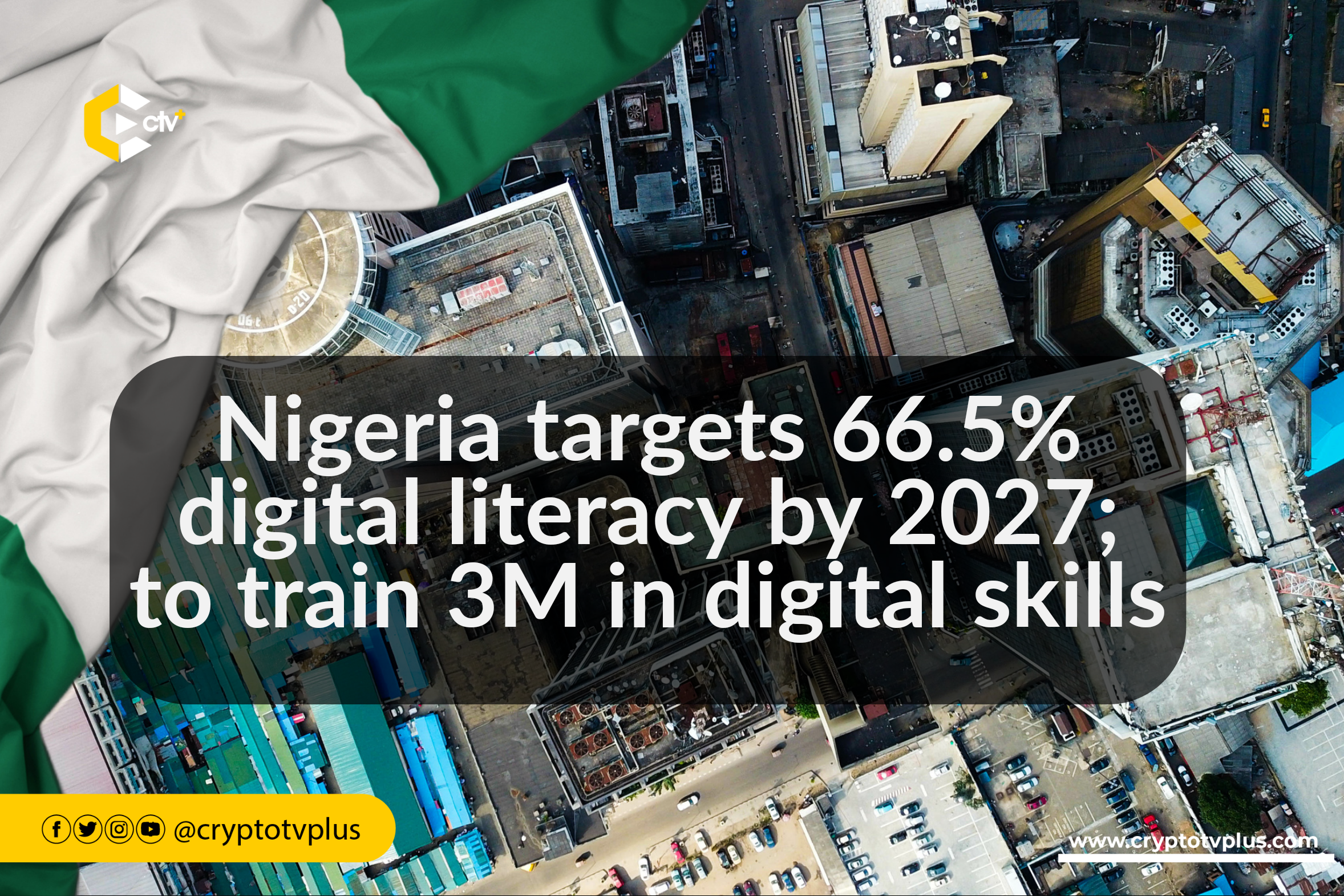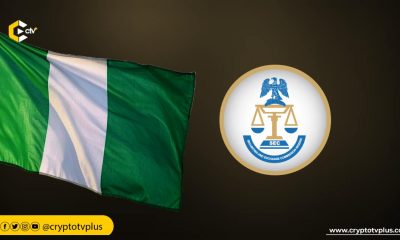News
Nigeria targets 66.5% digital literacy by 2027; to train 3M in digital skills

In a recent blueprint from the Ministry of Communications, Innovation, and Digital Economy, the minister, Dr. Bosun Tijani revealed the ministry’s plan to achieve 95% digital literacy in the nation by the year 2030. He added that in the short term, in the next four years, the goal is to get 75% of the work done.
According to a World Bank report on digital literacy in Nigeria, as of 2021, only 50% of Nigerians were digitally literate. This leaves over 100 million people out of touch with the full potential of the digital world.
At the end of the same year, the Federal Government said it wants to hit the 95% mark by the end of 2030. In 2023, the current minister of information reaffirms the commitment of the government in line with the same vision.
“Our mission to achieve 95% digital literacy by 2030 is a critical pillar in our vision for a digitally inclusive nation,” he said.
“As an important component of our blueprint, we are committed to making substantial strides toward this goal over the next four years.”
He added that the agenda will take the form of various projects such as “educational programme, improved digital infrastructure and universal access to digital resources.”
3 million talents to be trained
Furthermore, he notes that the ministry will also “work with stakeholders to train 3 million technical talents and prioritize job placement by the end of 2027.”
One of the central pillars of Dr. Bosun’s vision is to achieve a significant increase in women’s participation in technology-related training initiatives.
The target is set at 40%, demonstrating a commitment to breaking down gender barriers in the tech industry and fostering inclusivity.
Also, he added that the ministry believes in having Nigeria in the top 25 percentile of global research in six critical areas: Artificial Intelligence (AI), Unmanned Aerial Vehicles (UAVs), Internet of Things (IoT), Robotics, Blockchain, and Additive Manufacturing.
This ambitious goal reflects the desire to make Nigeria a hub for cutting-edge research and innovation on the world stage.
Another aspect of the vision is the implementation of a National Digital Literacy framework. This framework is designed to ensure that every segment of the population, including underserved communities, has equitable access to digital literacy education.
Read also; How privacy scare is limiting eNaira adoption
























